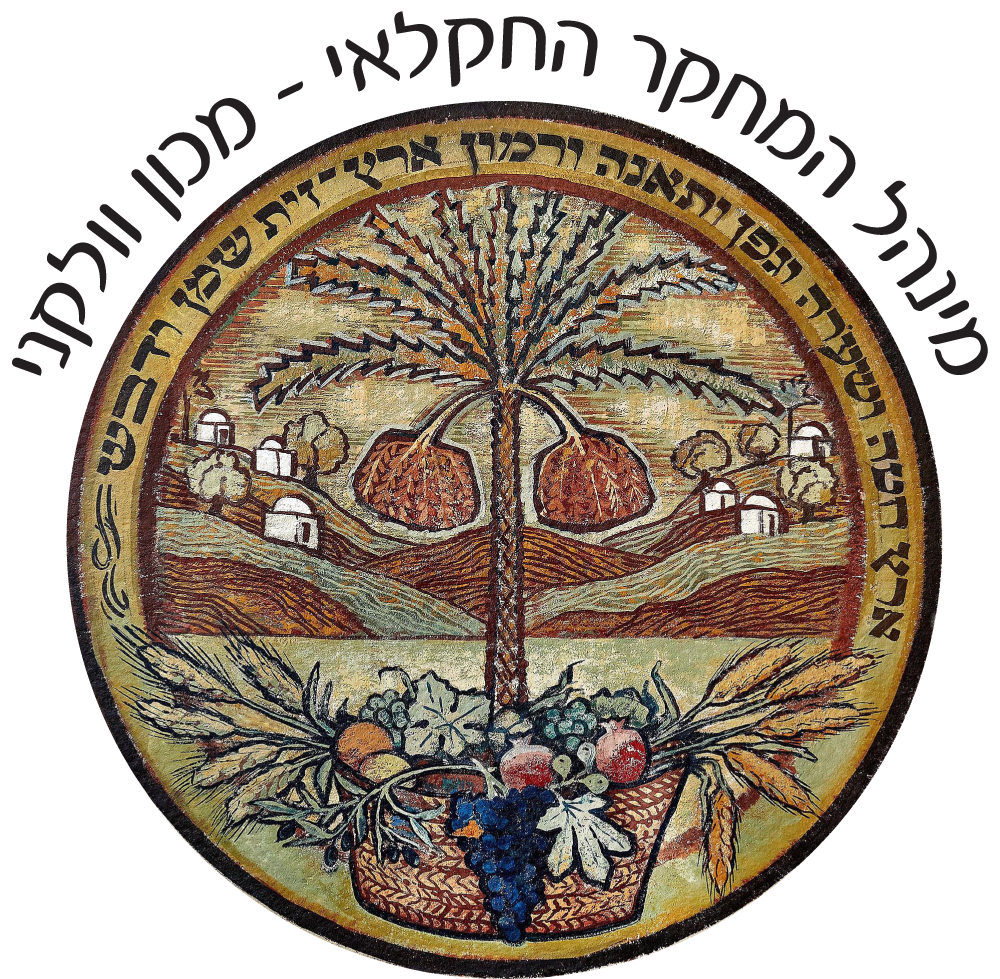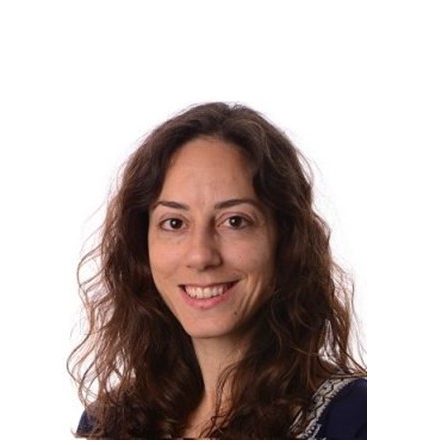Hila Segre Ph.D.
Landscape agroecologist
- Institute of Plant Sciences
- Agroecology and Natural Resources
- Gene bank building room 3019
- +972-543333631
- +972-3-9683349
Biography
My main topic is the interface between biodiversity conservation and productive agricultural and pastoral landscapes, and I am particularly interested in quantifying trade-offs and synergies between the benefits to people and biodiversity. My research has a strong ecological foundation, which I seek to integrate with methods and concepts from environmental sciences and economics to explore agroecosystems as complex multi-functional systems.
Education
-
2007-2010
B.Sc. in biology at the Institute of Life Sciences, The Hebrew University of Jerusalem, Israel
-
2010-2013
M.Sc. in ecology at the Department of Ecology, Evolution and Behavior, Institute of Life Sciences, The Hebrew University of Jerusalem, Israel. Title of thesis: Effects of cattle grazing on herbaceous species diversity in a dry-Mediterranean rangeland. Supervision by: Prof. Ronen Kadmon and Dr. Zalmen Henkin
-
2015-2019
Ph.D. in environmental studies at the Faculty of Architecture and Town Planning, Technion – Israel Institute of Technology, Israel. Title of thesis: Modeling alternatives for planning and management of ecological corridors in agricultural environments. Supervision by: Dr. Assaf Shwartz and Prof. Yohay Carmel
-
2019-2020
Postdoctoral position at the Department of Natural Resources, Agricultural Research Organization (Volcani Center) and the Department of Entomology, The Hebrew University of Jerusalem, Israel, with Dr. Asaf Sadeh and Prof. Moshe Coll
-
2020-2022
Postdoctoral position at the Plant Ecology and Nature Conservation group, Wageningen University and Research, Netherlands, with Prof. David Kleijn
Research Interests
One of humanities greatest challenges nowadays is to maintain biodiversity and functioning ecosystems while supporting sustainable agricultural production for human wellbeing. About 80% of all threatened species globally are endangered due to agriculture, but the great paradox of agriculture is that it depends on biodiversity. For example, 75% of the crops worldwide depend on insect pollination, while other organisms function as natural enemies of crop pests or contribute to soil health. Finding ways to compromise food production and biodiversity is therefore of high interest for society, economy, and nature.
This is a great challenge since agroecological systems are shaped by both natural and anthropogenic factors, and answering it calls for a holistic and interdisciplinary approach. The Segre Agroecology & Nature Conservation Lab focuses on the interface between biodiversity conservation and agricultural landscapes, and aims to resolve trade-offs and find synergies between the benefits to people and to biodiversity. To do that we use variety of observational, experimental and modelling approaches, and combine methods from applied and basic ecology, with methods and concepts from environmental sciences and economy, to explore agro-ecosystems as complex multi-functional systems.
Research Areas
- Nature-agriculture interactions
- Wildlife friendly farming and landscape planning
- Biodiversity and ecosystem services
- Economic modeling of environmental farming and ecosystem services

